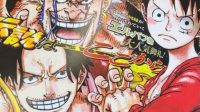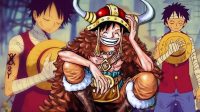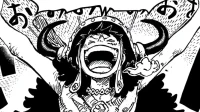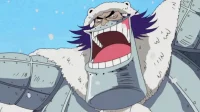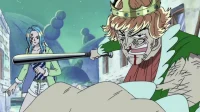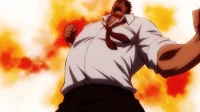Why Oda Will Disappoint Many Fans With the Fate of the Celestial Dragons
The Hated “Gods” of the One Piece World
Celestial Dragons Fate in One Piece: Why Oda May Disappoint Fans
In the vast universe of One Piece, no group provokes more disgust, anger, and frustration among fans than the Celestial Dragons. They stand at the top of the World Government as the descendants of its original founders, wrapped in untouchable privilege. From their luxurious homes in Mary Geoise to their ability to buy and brutalize innocent people, they represent the darkest extremes of corruption, entitlement, and cruelty.
Their actions—owning slaves, abusing citizens, and manipulating global politics—have sparked a long-standing desire among readers to see them fall in the most dramatic, brutal way possible. Many fans picture a future where Luffy delivers a crushing blow that eradicates the Celestial Dragons from the world entirely.
But those who understand Eiichiro Oda’s writing philosophy know this expectation is unlikely to come true. Oda is not a storyteller driven by revenge. Instead, he often leans toward emotional depth, personal transformation, and the dismantling of oppressive systems rather than the decimation of individuals.
For that reason, the Celestial Dragons may not meet the violent end so many fans envision. Their fate may be far more symbolic—and, to some fans, much more disappointing.
Oda’s Unique Sense of Justice
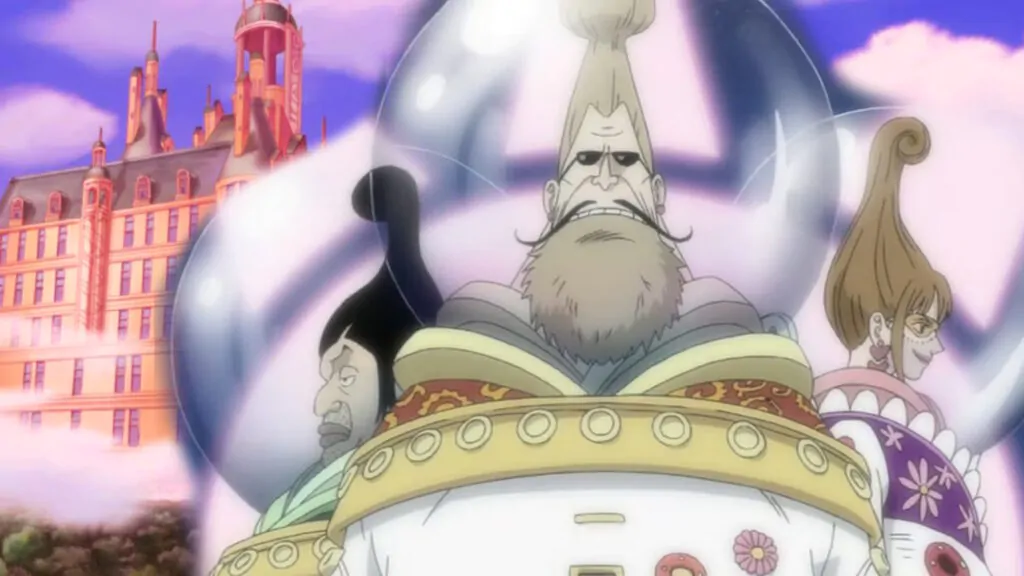
From the earliest arcs of the series, Oda established a moral framework vastly different from traditional shonen storytelling. In One Piece, justice is rarely about destruction. Instead, it revolves around understanding, freedom, and internal growth. Even the cruelest villains often face consequences that humiliate them, expose their hypocrisy, or strip away their power instead of ending their lives.
A powerful example of this philosophy is Donquixote Mjosgard. Once as vile as any Celestial Dragon, Mjosgard undergoes a complete transformation after meeting Queen Otohime. Her compassion pierces through his deeply ingrained prejudice and forces him to confront the harm he has caused. He abandons his upbringing, protects those he once abused, and risks everything to help others. Although ostracized and punished by his own people, he manages to achieve a level of redemption that violence alone could never grant.
This pattern appears throughout the series: villains lose status, influence, or the illusions they clung to—not necessarily their lives. Oda favors symbolic defeats that challenge oppressive beliefs rather than simplistic executions.
Applying this philosophy to the Celestial Dragons as a whole suggests a future where their downfall is emotional, ideological, and social—not fatal. Rather than dying, they may be forced to face the truth: their “divine” world was built on lies and tyranny.
Redemption or Disappointment for the Audience?
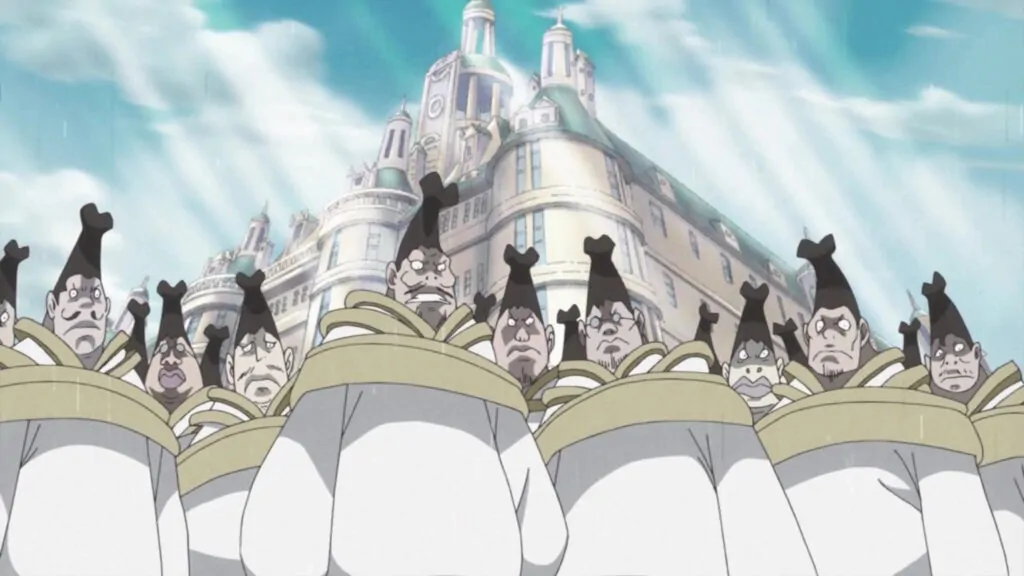
The possibility of Celestial Dragon redemption leaves many fans uneasy. After witnessing decades of their unforgivable behavior—beatings, enslavement, exploitation—many readers feel they deserve the harshest punishment imaginable.
However, One Piece has never been a story that glorifies vengeance. Its core theme is freedom—not merely the freedom to sail the seas, but the deeper freedom to break free from hatred, fear, and inherited beliefs.
In a sense, the Celestial Dragons are trapped as much as they are tyrants. They have been indoctrinated for centuries, unable to distinguish right from wrong, raised in a bubble of divine superiority. Their so-called “privilege” is actually a prison that confines their understanding of humanity.
If Oda stays consistent with his themes, the Celestial Dragons’ ultimate punishment may be the destruction of everything that once defined them. Losing their status, losing their authority, and losing the illusion of being gods could be their greatest downfall. Through that loss, they may finally confront their humanity—something they have denied for generations.
This may disappoint many fans who expected explosive revenge, but it aligns perfectly with Oda’s long-standing message.
A Very Different Kind of Fall
If Oda chooses this route, the demise of the Celestial Dragons may not come by Luffy’s fist, but through the collapse of the system that protected them. Instead of dramatic executions, they may face a quieter, more profound defeat:
-
The world rejects the World Government’s lies.
-
Their influence evaporates.
-
Their sacred reputation becomes a global disgrace.
-
Their wealth and power vanish.
-
They live as ordinary people—fearful, ashamed, and powerless.
This fate is not loud or bloody, but it is devastating. The “gods” who once looked down on humanity would be forced to walk among the very people they oppressed, stripped of privilege and swallowed by humiliation.
For Oda, silent justice carries more weight than revenge. Transforming the world means dismantling oppressive systems, not annihilating individuals. His focus has always been on change—changing hearts, changing beliefs, and changing the world’s direction.
In that sense, a softer fall for the Celestial Dragons would not betray the spirit of One Piece; it would reinforce it.
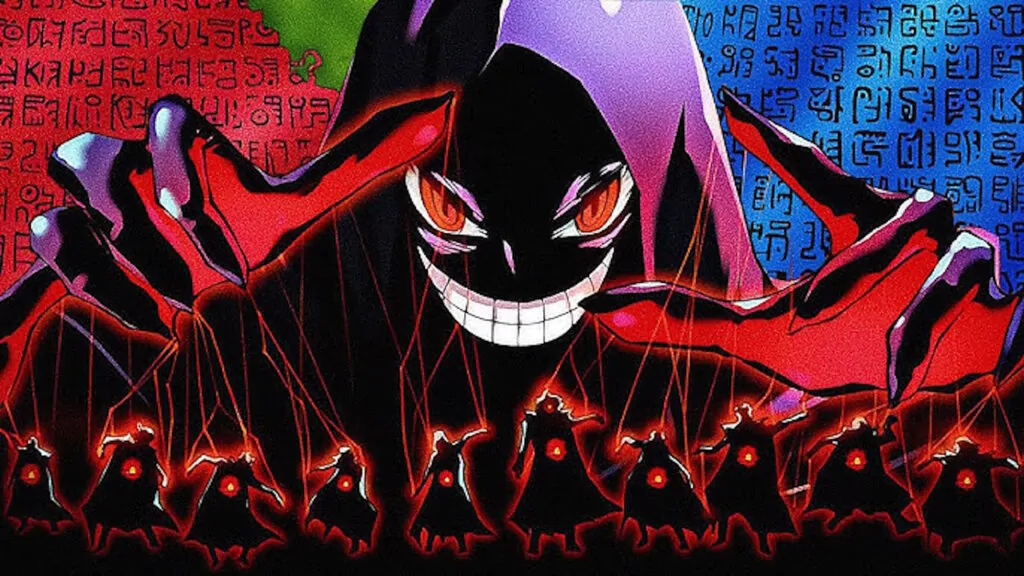
The Message Hidden Behind the “Disappointment”
Some fans believe violence is the only appropriate answer for the horrors committed by the Celestial Dragons. But Oda’s narrative lens has always been different.
Oda is not trying to punish people; he is trying to free them.
The core message of One Piece is that anyone—even those trapped in a legacy of hatred and ignorance—can change if confronted with truth and compassion. Luffy fights not to kill, but to liberate. He destroys systems that deny freedom, not individuals who have lost their way.
If, at the end of the story, even the Celestial Dragons are freed from the delusion of divine superiority, then Oda’s mission is complete. It may not be the ending fans want, but it is the ending that fits the heart of One Piece.
Freedom belongs to those who find the courage to change—even the so-called gods of the world.
Celestial Dragons Fate in One Piece: Why Oda May Disappoint Fans. Celestial Dragons Fate in One Piece: Why Oda May Disappoint Fans. Celestial Dragons Fate in One Piece: Why Oda May Disappoint Fans. Celestial Dragons Fate in One Piece: Why Oda May Disappoint Fans. Celestial Dragons Fate in One Piece: Why Oda May Disappoint Fans. Celestial Dragons Fate in One Piece: Why Oda May Disappoint Fans. Celestial Dragons Fate in One Piece: Why Oda May Disappoint Fans. Celestial Dragons Fate in One Piece: Why Oda May Disappoint Fans. Celestial Dragons Fate in One Piece: Why Oda May Disappoint Fans. Celestial Dragons Fate in One Piece: Why Oda May Disappoint Fans. Celestial Dragons Fate in One Piece: Why Oda May Disappoint Fans. Celestial Dragons Fate in One Piece: Why Oda May Disappoint Fans.

